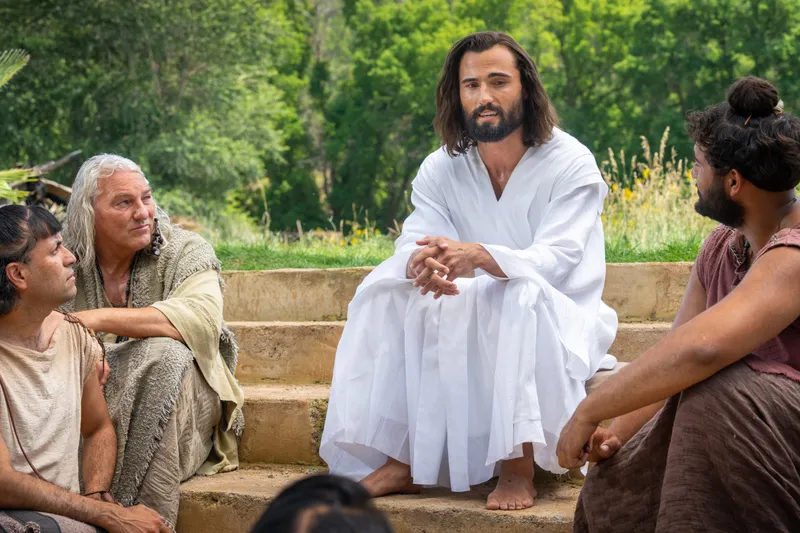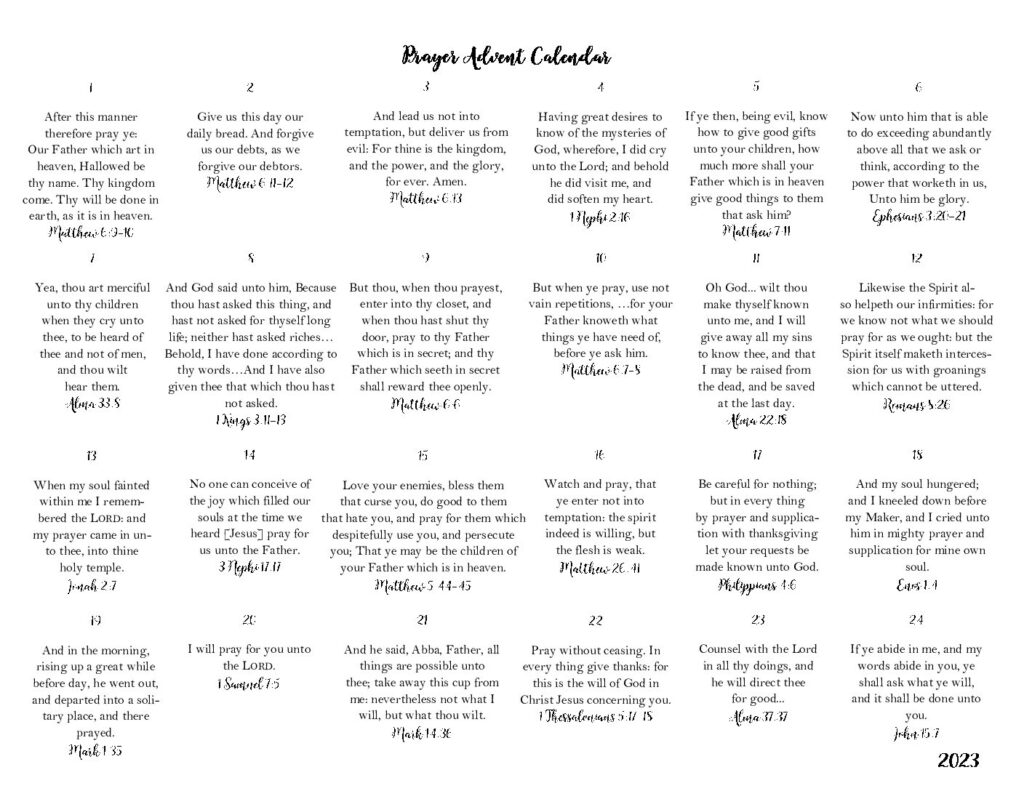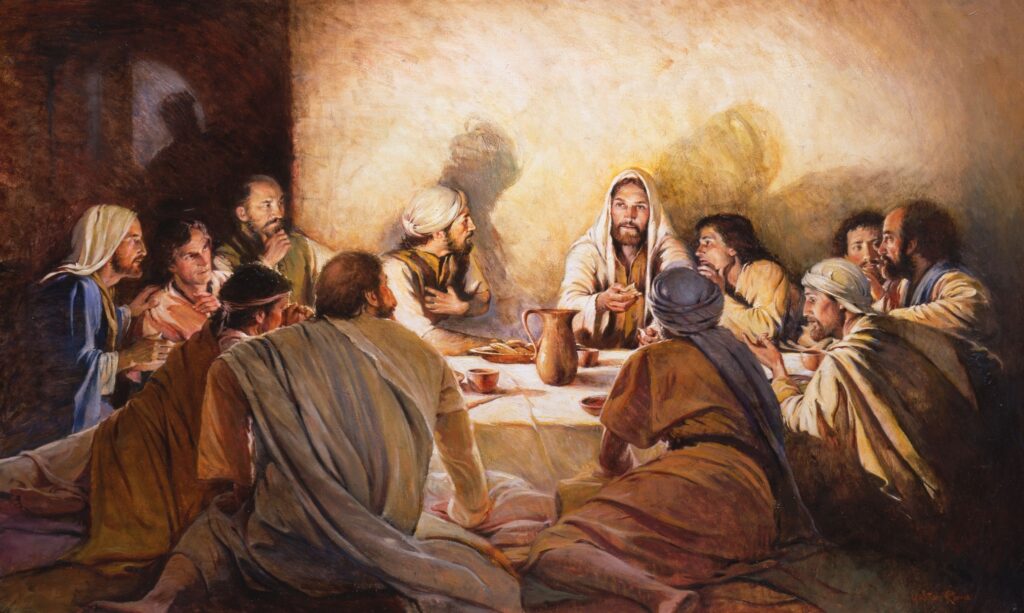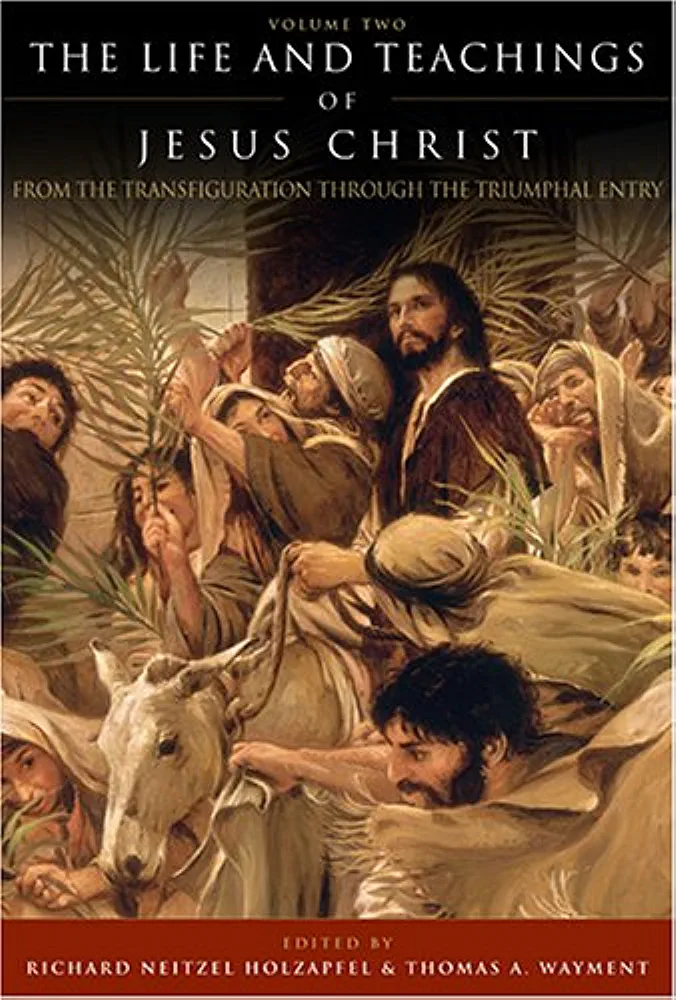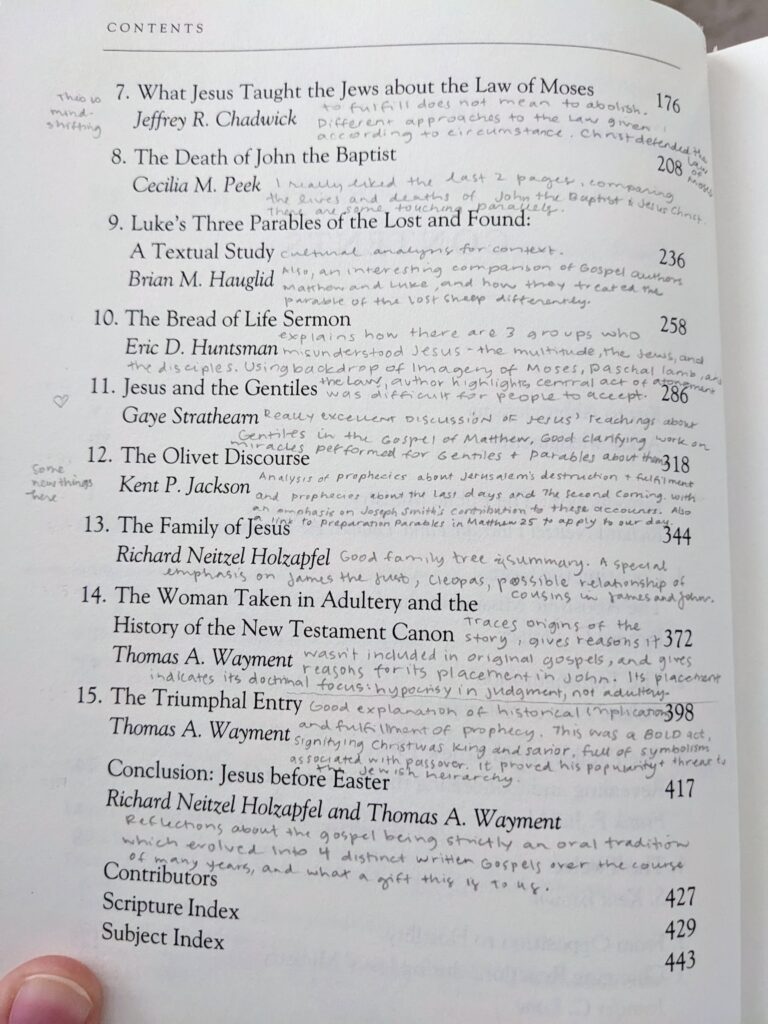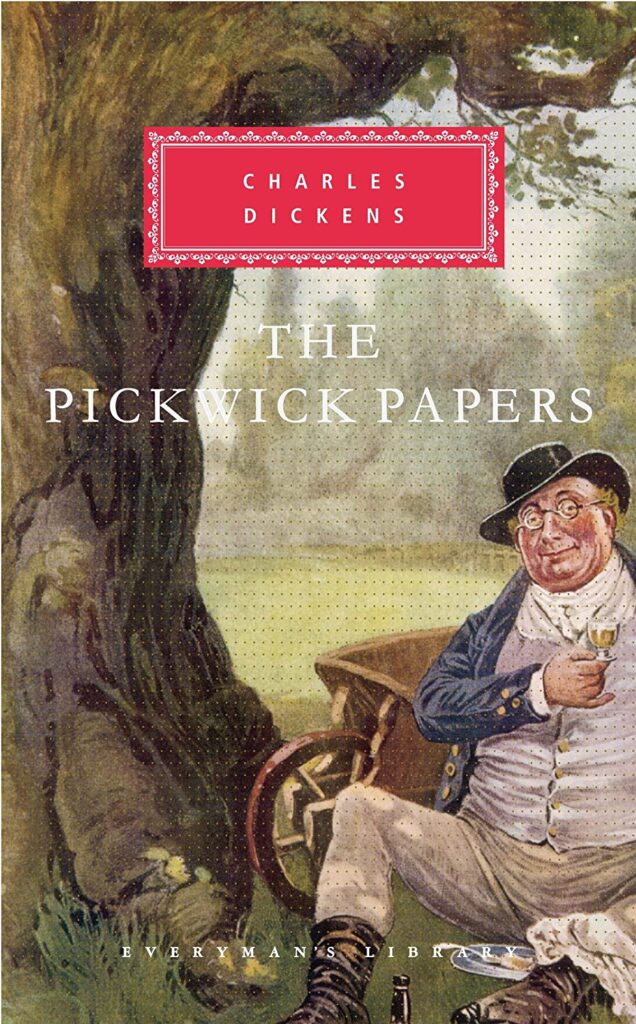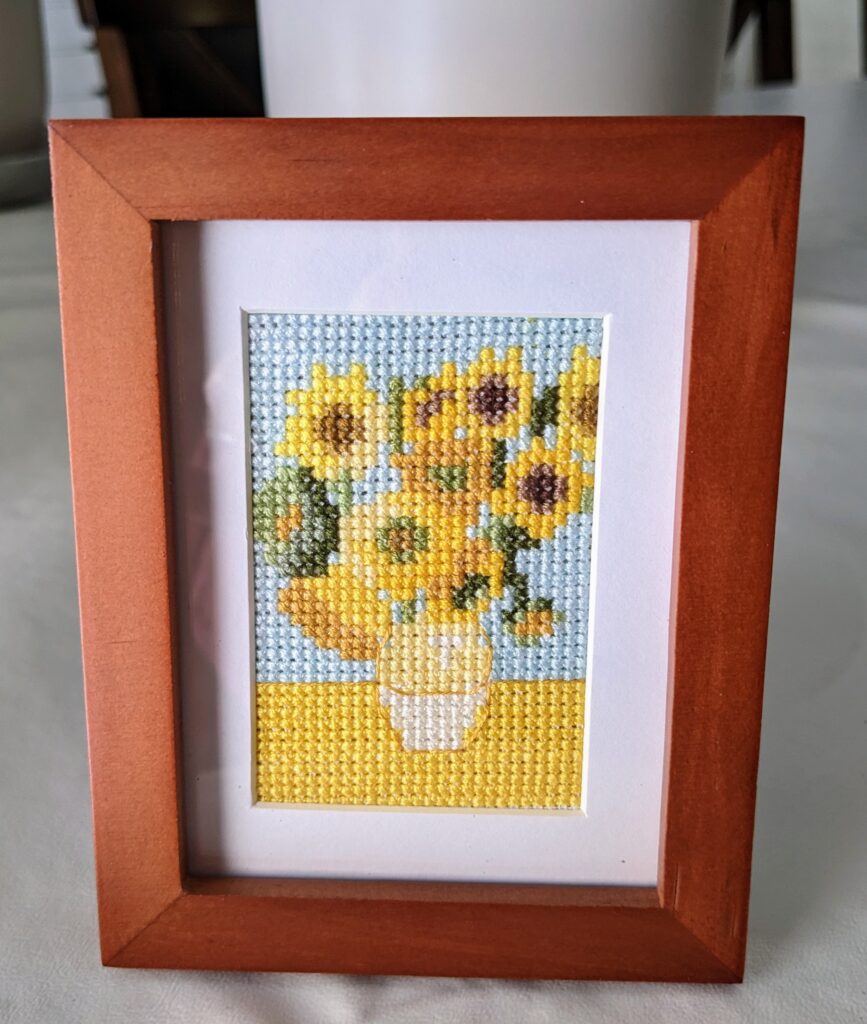In Ether 1 of the Book of Mormon it says that the prophet prayed for his family and friends who were refugees looking for a home. The Lord had compassion and told him to prepare to go to a choice land “…because this long time ye have cried unto me.” (Ether 1:43)
So, does this mean that all we need to do to get what we want is to pray long enough and hard enough?
I don’t think this is how things work. Jesus taught in the parable of the unjust judge that a corrupt official will show mercy just to be rid of someone who asks and asks for something, but God is surely better than that. (Luke 18:1-8)
I don’t think that the brother of Jared wearied the Lord or wore him down with requests so he finally said, fine, have what you want. I think this story illustrates how prayer makes us ready to receive the huge blessings that the Lord already has waiting for us.
In other words, prayer doesn’t chip away at the Lord’s iron will to withhold blessings. Rather, prayer chips away at our own wills and our pride, and helps prepare us to level up in understanding and joy.
After all, we pray to a God who knows our needs before they are spoken. (Matthew 6:33) So, prayer isn’t about informing Him of needs, but connecting with Him.
Please don’t let your prayers sound like a shopping list. The Lord’s perspective transcends your mortal wisdom.
President Russell M Nelson
Prayer is the vehicle for us to understand that God is there. He gets us. He will bless us in ways that will ultimately help us return to Him, and often that means He doesn’t remove every pain right away.
Pray in the name of Jesus Christ about your concerns, your fears, your weaknesses- yes, the very longings of your heart. And then listen!
President Russell M Nelson
Pray to have eyes to see God’s hand in your life and in the world around you. Ask him to tell you if He is really there-if He knows you. Ask him how He feels about you. And then listen.
President Russell M Nelson
I pray for an evolving list of people by name, but I have changed how I pray for them. I used to kind of whine and beg. Okay, I still do that sometimes. But, more and more, prayer has become the moment in the day where I can tell God that I trust Him with these precious people and that I trust His wisdom and His power to help. Sometimes during prayer I will quote a scripture of praise. This has been a helpful shift in how I approach my Father in Heaven in prayer.
